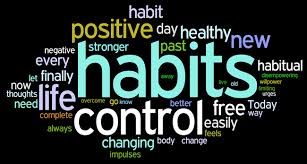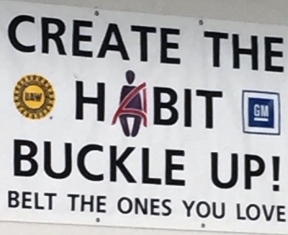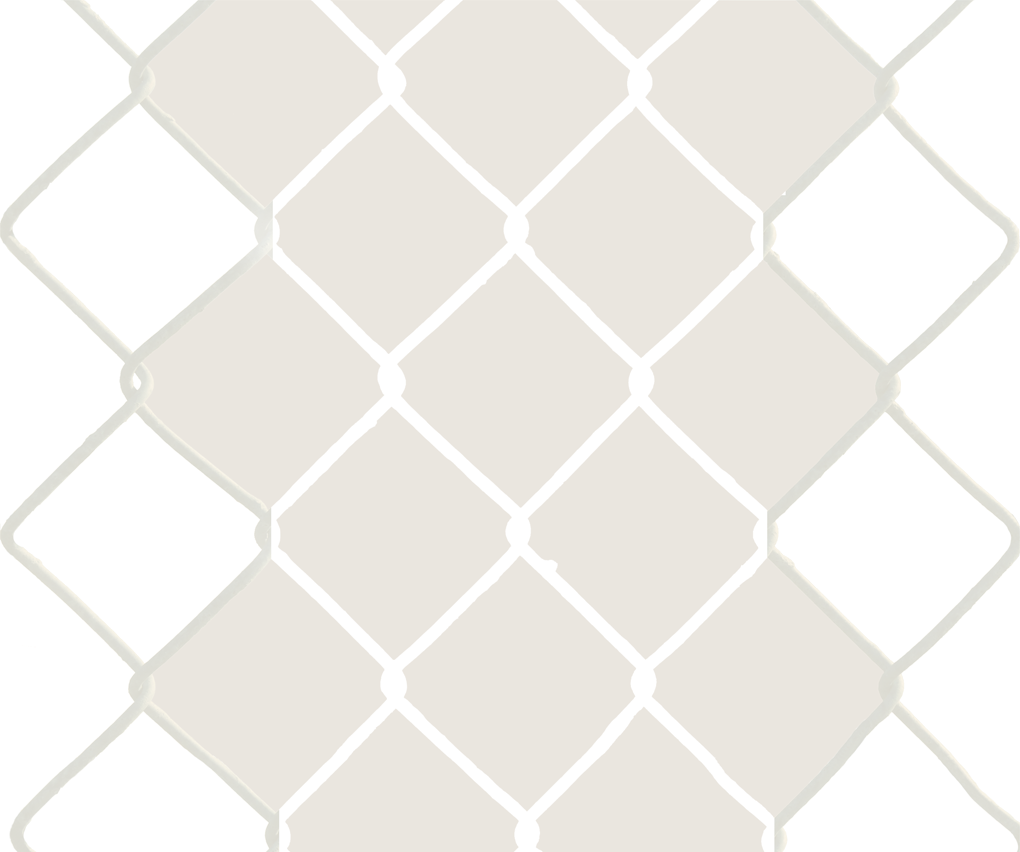 |
 |
Habits are routines. Many people promise that changing our habits will make us better in work and life or, at least, more at peace. If you are in the habit of thinking or doing something, such habits shape your life in many ways. In Scientific American, Kyle Smith and Ann Graybeil assert that habits are part of the continuum of human behavior. Building routines in the brain seems an energy saver for us. The more behaviors we can commit to routines, the more brain space becomes accessible for different pursuits like numismatics, the study of collecting coins or paper money. Smith and Graybeil also remind us that the more routine a behavior becomes, the less we are aware of it. Science says that habits are formed in three steps. The first step is to explore a new behavior. Such exploration imprints a behavior habit into the brain. It may appear that we are acting without thinking but the brain is still monitoring what we are doing. Neuroscience seeks to find what rules govern habits to help us understand ourselves as well as those that struggle with extreme habitual behaviors.
It is not easy to become a better person. Habits are hard to change. Scientists say that our brain is less aware of long-term routines. People tend to use models in books or spiritual practices to change a habit or to make a new habit. There are models like the Stephen Covey’s The Seven Habits of Effective People(Free Press, 1989) that illustrate how to shift from habitual practices to deliberate actions. Covey’s model suggests that we become aware of the impact that habits have on us. When we have an awareness of these habits and we consciously do the opposite for at least 30 days, then we notice changes in our daily practices. Sean Covey explains that the Covey model wants us to, “think effectively about life and to get along with people.”
Buddhist traditions use practices that promise to free the individual from the habitual patterns of thinking, relating and acting. The habitual patterns that our mind takes on are called Samsara or the wheel of suffering. Dzogchen master Tsoknyi Rinpoche says, “all habitual patterns are naturally liberated in the space of wisdom.” The tradition asserts there are three deep-seated habits of mind: attachment, aggression and ignorance. Mahayana Buddhism’s practice of getting off the wheel requires a “good deal of patient self-examination and clear awareness of one’s motivation using the vehicle of meditation.” The Buddhist traditions are diverse in the use of routines or habits that work toward spiritual goals. The practice may look like chanting every morning and evening or a practice of quiet meditation but all of these routines get in the way of what the mind was doing and changes one’s perception of the self.
It appears that if you are using the Covey recommendations or Mahayana Buddhist meditation practice to change the self, then one must use self-examination and focused attention to change habits. In Sticking to a Habit: The Definitive Guide tweeted, “the hardest thing for the most people, when it comes to building habits, is sticking to it long enough to become ingrained.” Although hard to do, there is a map for changing a habit. Charles Duhigg in his book, The Power of Habit (Random House, 2012) asserts that we can choose our habits, once we know how. He writes that “…every habit, no matter its complexity, is malleable.” The author notes that the process of habit change is easily described, however it does not necessarily follow that it is easily accomplished.
Philosopher Kristen Rodier says that we (everyone) put too much faith in will. In her paper, “Existential (importance of personal experience and responsibility) Phenomenology (description of conscious experience) and Temporality (relating to the world) Perspectives on Habit,” she examines the way we try to transform ourselves. Rodier disagrees with Covey in that we cannot always count on the will to work to complete the cycle of habit change. She says our culture acts on us and we cannot transcend or reverse our upbringing. The good news she brings is that we have the freedom and the capacity for critical reflection. Since some of who we are is not decided by us and not easily changed when one wants to be made better. The undoing of the self and retraining of the mind, to Rodier, is a mix of what our culture makes us and our rethinking of our virtue and vice that drives us toward our better selves.
In philosophical circles, one may argue that we come to know ourselves through our actions. I act this way and that makes me Alyson. Covey, Rinpoche and Duhigg would agree with that idea. Rodier wants us to actually be better people instead of getting ahead in life or being free of negative emotions. She asserts that our thinking and actions do not always go with our beliefs about something. This makes me think of the divestment movement in the United States against Apartheid in the mid-1980s. One who disagreed with Apartheid system in South Africa would change their buying habits to match their social belief. If we believe that everyone should do their part in supporting a healthy planet, then the habits that support recycling or zero-waste lifestyle may become required. Rodier sees that habits are a vehicle for personal change that is unselfish and farther reaching than other habit change models.
"We first make our habits and then our habits make us.” – John Dryden

Duhigg, Charles. The Power of Habit: Why We Do What We Do In Life and Business. Random House: New York, NY. 2012
Graybiel, Ann and Smith, Kyle. “Good Habits, Bad Habits: Researchers are pinpointing the brain circuits that can help us form good habits and break bad ones”. Scientific American. June 2014: pp. 39-43
Rinpoche, Tsoknyi. “The Natural Liberation of Habits”. Shambhala Sun. November 2014: pp. 58-61
Rodier, Kristen and Judith Butler. Interviewed by Nicola Luksic and Tom Howell Ideas with Paul Kennedy: Ideas from the Trenches – Force of Habit. February 6, 2015. http://www.cbc.ca/radio/ideas/newsletter/ideas-from-the-trenches-force-of-habit-1.2947911?autoplay=tru
|




